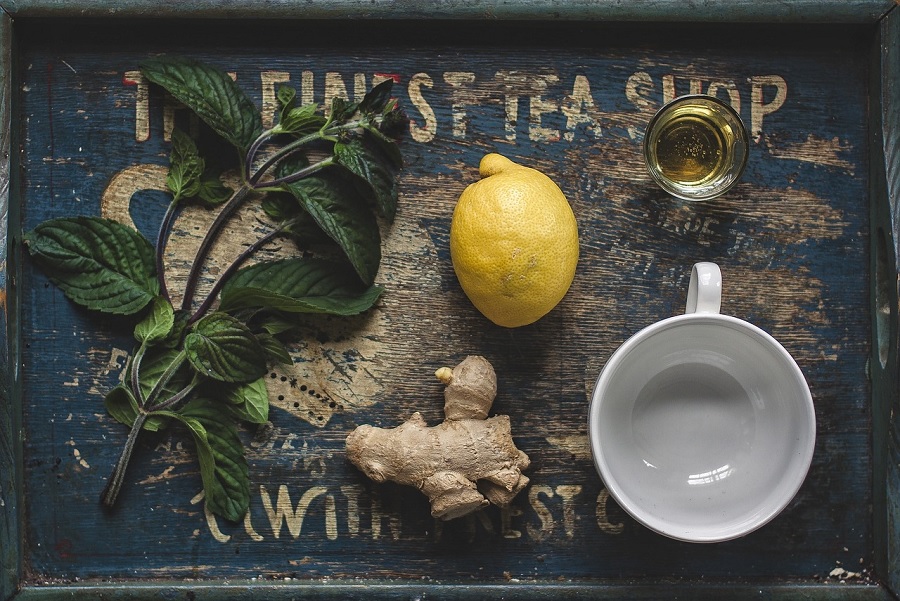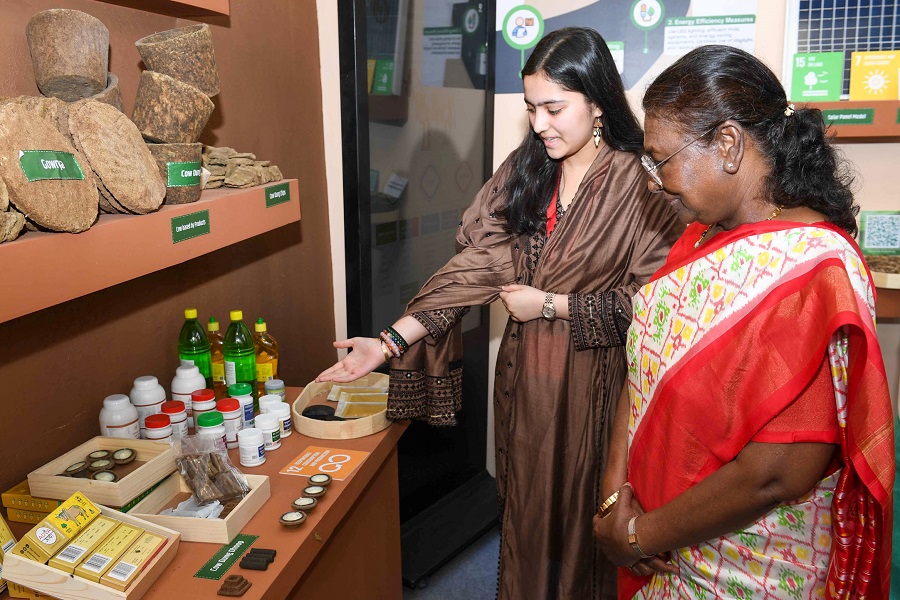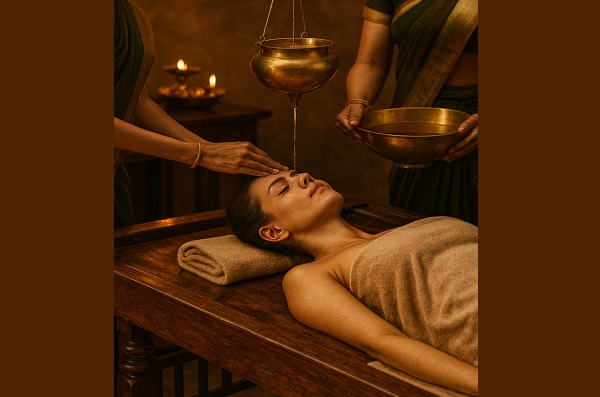Herbal Healing and Health Tourism: Nature’s Remedy in a Teacup

The image above captures a rustic and wholesome setting: fresh mint leaves, a lemon, ginger root, a small glass of honey, and an empty teacup—natural ingredients known for their healing properties. This simple composition symbolizes a powerful global movement that is reshaping the wellness industry: health tourism driven by herbal remedies and traditional medicine.
The Rise of Herbal Health Tourism
As people increasingly seek alternatives to pharmaceutical treatments and high-stress lifestyles, herbal health tourism has become a significant trend. Tourists are traveling across the globe to experience natural healing practices, many of which are rooted in centuries-old traditions using plants like ginger, mint, and lemon—just like those shown in the image.
Popular destinations include:
India for Ayurveda and naturopathy.
China for Traditional Chinese Medicine (TCM).
Thailand for herbal compress therapy and detox retreats.
Morocco and Egypt for herbal baths and essential oil treatments.
Europe (like Hungary and Germany) for holistic herbal therapy and spa culture.
Nature’s Healing Ingredients
Each item in the image has deep-rooted significance in holistic health:
Ginger: Known for anti-inflammatory and digestive benefits.
Lemon: A detoxifying agent rich in Vitamin C.
Mint: Calms the digestive system and supports mental clarity.
Honey: Natural antibacterial and antioxidant-rich.
Together, they form a classic immune-boosting herbal tea, often served in wellness retreats worldwide.
Integrating Herbal Therapy into Wellness Travel
Health resorts and wellness retreats now include herbal tea ceremonies, natural detox programs, and farm-to-cup workshops where guests learn how to grow, prepare, and use medicinal herbs. These experiences promote:
Preventive healthcare
Natural healing practices
Mind-body balance
Guests leave not only feeling rejuvenated but also empowered to continue healthy routines at home.
Sustainability and Cultural Preservation
Health tourism centered around herbs also contributes to the preservation of indigenous knowledge and sustainable agriculture. Local farmers and traditional healers are now part of an international industry, preserving their cultural heritage while contributing to the economy.
A Cup of Wellness, A Journey of Healing
The humble ingredients shown in the image are more than just food—they are gateways to natural wellness, cultural immersion, and preventive healthcare. As health tourism evolves, its focus is shifting from invasive treatment to restorative, plant-based healing, making nature the new luxury in global wellness travel.





















